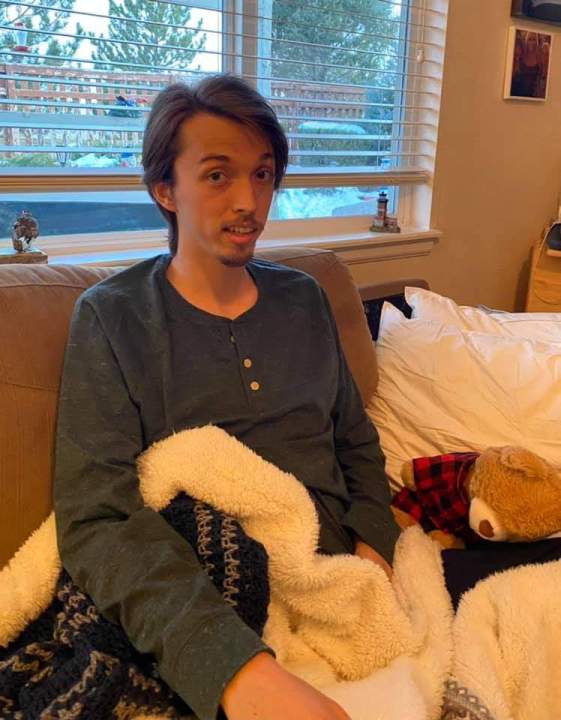DENVER (KDVR) — The life of a 24-year old snowboarder might not be worth what you think in Colorado.
The family of Joshua Brumm settled with Denver Health Medical Center and the University of Colorado, which technically employs some of the medical staff involved with his care. The amount: $387,000, or the maximum allowed under Colorado’s Government Immunity Act at the time of his Dec. 2, 2020, death.
Brumm had been airlifted to Denver Health on Nov. 20, 2020, after a snowboarding accident. His left kidney was removed on Nov. 27, but hospital records showed he continued to bleed internally. Nonetheless, Brumm was discharged on Dec. 2.
Later that day, he collapsed and died. An autopsy report obtained by the Problem Solvers showed Brumm died from “internal bleeding.”
“They messed up by letting him go too soon,” Joshua’s mother, Lynn Brumm, said in a July interview with the Problem Solvers.
As part of the settlement agreement, she can no longer discuss the case. But last summer, she told FOX31 she was already wary when she picked up her son in the hospital parking lot.
“When I got out of the car, he was already bleeding through his shirt, through his really thick dressing pads, and the nurse just said, ‘Oh, looks like he sprung a leak,'” his mother said at the time.
“A 24-year old should not go into a hospital because of a kidney injury and die after being released to his mother’s care,” she added.
Public hospital have government immunity
A medical malpractice attorney not associated with Brumm’s case found the settlement lacking.
“$387,000 for a significant injury or death is never going to make a family or a person whole, so I don’t believe it’s fair,” Isobel Thomas said.
“No matter how bad the injury, whether it’s death, quadriplegia, the worst injuries or the worst losses a family can go through, public entity hospitals will never pay more than $387,000, because that is how the laws are written in the state,” Thomas said.
Public hospitals in Colorado, like Denver Health Medical Center, enjoy what’s called government immunity. State lawmakers have determined no matter the injury or even death, hospitals defined as a public entity won’t pay legal settlements worth more than a certain amount. At the time of Joshua’s Brumm’s death, the amount was $387,000.
Thomas said that in Colorado, a person is better off being killed by a cement truck driver than by medical negligence at a public hospital.
“If you were hit by a cement truck and had similar injuries to those we are talking about, you could get disfigurement, loss of impairment, things like that — which in fact, on medical negligence cases, would be rolled into the cap we’ve discussed,” she said.
Colorado raises the government immunity cap every four years based on inflation. On Jan. 1, the government immunity cap was raised to $424,000.
If a person is injured or killed by a medical error at a privately owned hospital, there is what’s known as a “soft cap” of a million dollars. In rare cases, a judge can lift the cap based on extenuating circumstances.
Attorneys: Difficult, expensive, to sue public hospitals
Multiple attorneys tell the Problem Solvers that public hospitals evade some lawsuits because many medical malpractice attorneys find it too difficult and expensive to sue public hospitals — no matter the possible negligence — because of the state caps.
Denver Health Medical Center had no comment on the state’s government immunity cap when reached by FOX31.
The Colorado Hospital Association released the following statement on immunity caps to FOX31:
Colorado hospitals put the care and safety of every patient at the forefront of everything we do. Hospital staff work tirelessly to ensure that the care provided is world-class, and Colorado is fortunate to have access to some of the best medical care in the country.
The death of any patient is incredibly difficult for everyone involved. It would be inappropriate for CHA to comment on the outcome of this case or the litigation that followed. Colorado hospitals, some of which are governmental entities, make every effort to follow Colorado law, including those governing liability.”
Colorado Hospital Association

